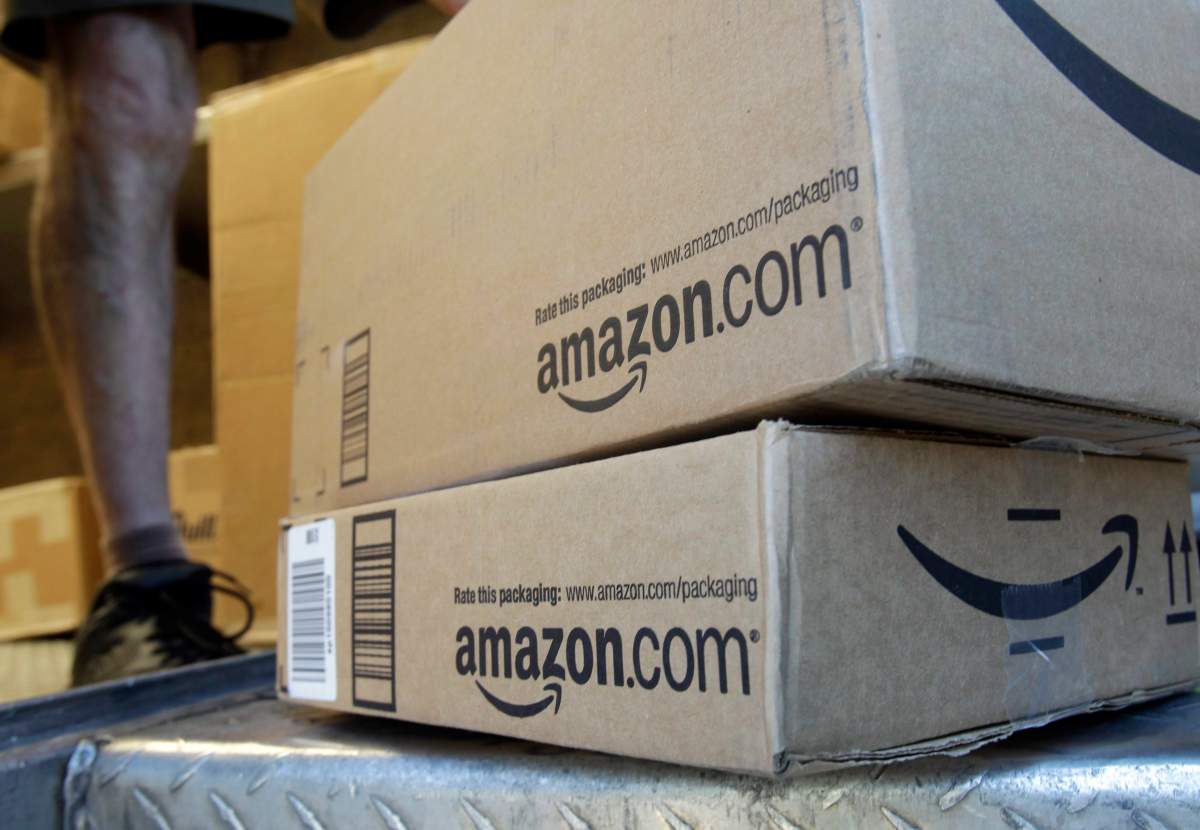Amazon Inc. is looking into whether its employees are selling confidential data and using other tactics to inflate rankings for independent retailers.

Sources told The Wall Street Journal that some employees are accepting bribes from the independent merchants for things like deleting bad reviews of a product, or providing internal sales metrics and reviewers email addresses.
The information or actions taken then help the independent retailers’ products appear on the first few pages of Amazon’s search, which the Journal says would boost their sales.
The bribes are taking place all over the world, though most of them are in China, WSJ reports.
WATCH: Online review lands woman in hot water
Responding to the report, an Amazon spokesperson told Global News that they hold their employees to “a high ethical standard” and that any employee who violates the code of ethics faces discipline.
“In addition, we have zero tolerance for abuse of our systems and if we find bad actors who have engaged in this behavior, we will take swift action against them, including terminating their selling accounts, deleting reviews, withholding funds, and taking legal action,” the spokesperson said.

Get weekly money news
“We are conducting a thorough investigation of these claims.”
According to the WSJ, Amazon’s vice president of international marketplaces found out about the practice in China.
The employees are offered between US$80 and US$2,000 with the average rate for a deleted review at US$300.
It’s cheaper to buy the emails of real reviewers, WSJ reports, to allow retailers to reach out and offer discounts or deals in an attempt to persuade them to change their review.
Other statistics up for sale? The number of times a product has been viewed (a.k.a. the amount of clicks), the number of searches, or advertising information.
Fake or manipulated reviews aren’t new: in 2015 Amazon sued more than 1,000 people for writing fake reviews for money, and another study found 20 per cent of Yelp restaurant reviews are fake.
“More recently we’re seeing a lot of alarming reports on the credibility/trustworthiness of reviews on all platforms, not just Amazon,” Nura Jabagi, MBA and PhD candidate in Business Technology Management at Concordia University, told Global News.
WATCH: How do you know if an online review is real or fake?

“Customers should take reviews with ‘a big grain of salt’ and should exercise due diligence when purchasing online (particularly for big-ticket items),” Jabagi said.
She also reminded customers that, “Not everything we read online is true,” and to pay close attention to the reviews’ grammar. In particular, using “I” and “me,” as well as an abundance of exclamation marks, can signal a fake review.












Comments
Want to discuss? Please read our Commenting Policy first.